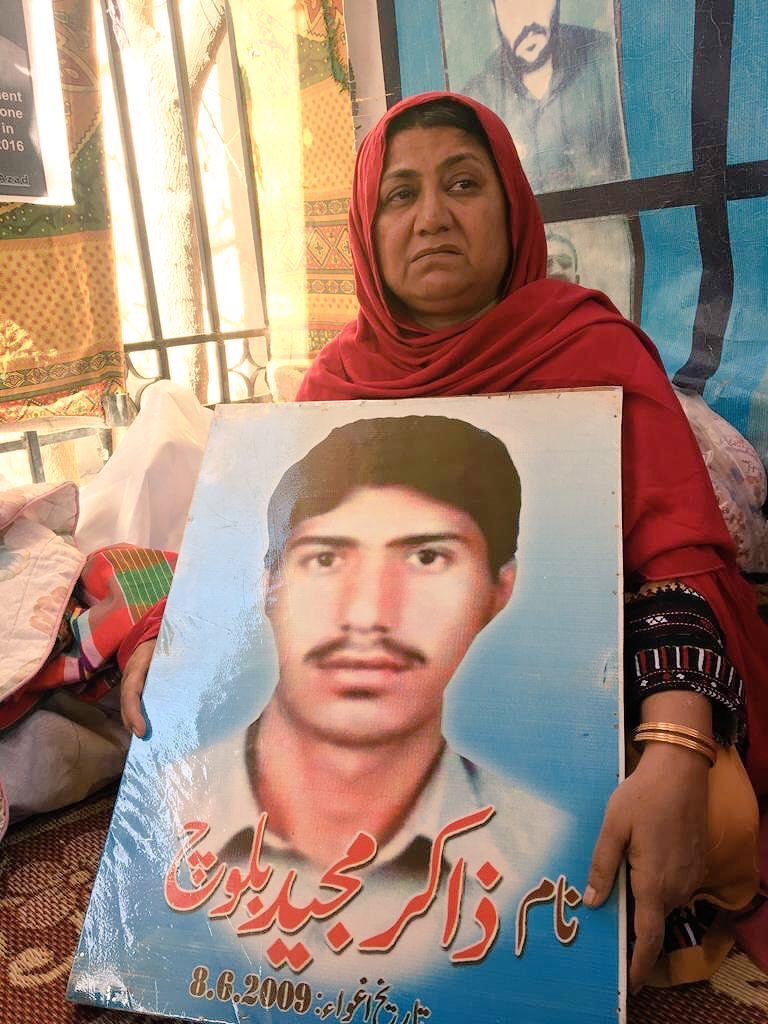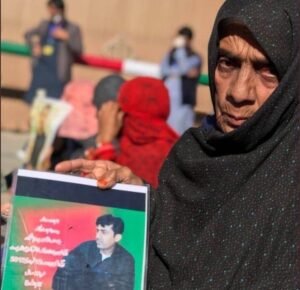Militarization and the Rise of Militancy in Balochistan

Photo: @Balochistan Human Rights Council
ADN
Human rights activist Abdullah Abbas, now living in exile in Germany due to persecution by the Pakistani military, has raised serious concerns about the deteriorating human rights and security situation in Balochistan.
In a recent conversation with Afghan Diaspora Network (ADN), Abbas stressed that while he condemns all forms of violence, the roots of the current militancy are deeply tied to the policies of the Pakistani state.
According to Abbas, the Baloch Liberation Army (BLA) did not emerge in isolation but developed organically within Balochistan as a reaction to systemic repression.
Abbas emphasized that the Pakistani military’s approach is heavy-handed. Extrajudicial executions, enforced disappearances, and the collective punishment of families have pushed many people toward armed resistance.
He recalled that after 2009, when activists were killed, their entire families, especially male relatives, were placed under surveillance and harassment. For many, the only choices left were to flee abroad or seek refuge in the mountains, where militancy became their only form of survival.
Even those who were released after months of detention were not safe. They continued to face pressure and coercion to collaborate with the military.
This cycle of fear, surveillance, and harassment has created conditions in which people feel cornered into either joining armed groups or facing persecution.
Abbas also noted a disturbing escalation in recent years: the spread of militancy from remote camps into urban centers.
Before 2018, only a handful of individuals were publicly associated with militant organizations. Today, however, recruitment has expanded into ordinary families and city populations.
The BLA’s adoption of suicide bombings marks a particularly alarming development, signaling both desperation and radicalization among younger generations who feel they have no peaceful alternatives.
In Abbas’s analysis, the growing insurgency is less a product of ideology than of circumstance. The military’s policies, rather than containing violence, have created fertile ground for militancy to spread.
Without addressing human rights abuses, arbitrary detentions, and enforced disappearances, he warned, the cycle of violence will only deepen, leaving the civilian population caught between state repression and militant retaliation.
Balochistan’s trajectory, as Abbas makes clear, illustrates the dangerous consequences of militarized governance. When people are denied justice and dignity, resistance inevitably finds its way into armed struggle.










